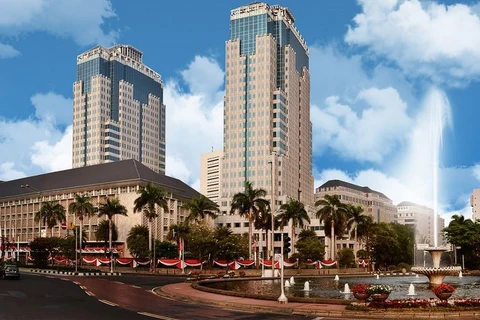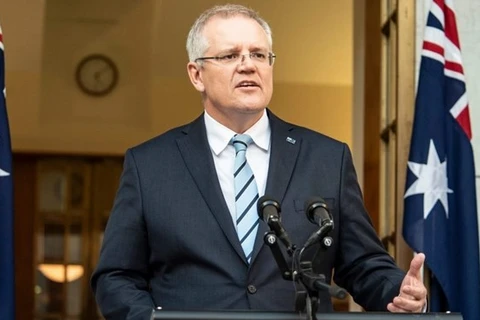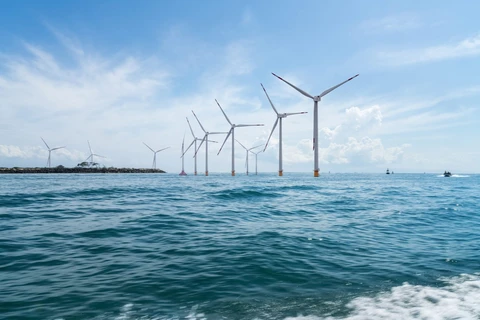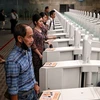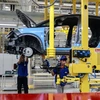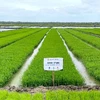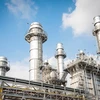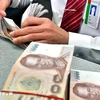Jakarta (VNA) - Indonesia is optimistic that it will be able to attract more investment this year although legislative and presidential elections will take place simultaneously in April 2019.
Based on observation over the past 15 years, the Indonesian government has found out that investment usually slows down before elections.
Thomas Trikasih Lembong, head of the Investment Coordinating Board (BKPM), has expressed his optimism that investment would rebound after the April elections, owing to high market expectation on stability and continuity.
In 2018, investment in Indonesia reached only 94.3 percent of the target set in the national mid-term development plan, but rose 4.1 percent against the previous year. The investment inflows mainly landed in West Java, Jakarta, Central Java, Banten and East Java.
The agency has set a target of luring 792.3 trillion Rp (56 billion USD) in investment in 2019, higher than 721.3 trillion Rp (51 billion USD) in 2018. The target has covered 55 percent of foreign investment and 45 percent of domestic investment.
The five largest foreign investors in Indonesia are Singapore (9.2 billion USD, 31.4 percent); Japan (4.9 billion USD, 16.7 percent); China (2.4 billion USD, 8.2 percent); Hong Kong (2 billion USD, 6.8 percent); and Malaysia (1.8 billion USD, 6.2 percent).
In the last quarter of 2018, domestic investment reached 86.9 trillion Rp, up 28.6 percent year-on-year, and investment activities created 255,239 jobs.
The agency issued 1,239 business registration numbers (NIB) per day during the period of January 2-11, 2019, with a total of 8,895 NIB of domestic investment, 541 NIB of small and medium scale enterprises (SMEs), and 486 NIB of foreign investment.
The largest domestic investment was recorded by the food industry at 39.1 trillion Rp, followed by the chemical and pharmaceutical industry at 13.3 trillion Rp.
The largest foreign investment went to the metal and non-machinery industry at 2.2 billion Rp, followed by the chemical and pharmaceutical industry (1.9 billion Rp), and the food industry (1.3 billion Rp).-VNA
VNA

